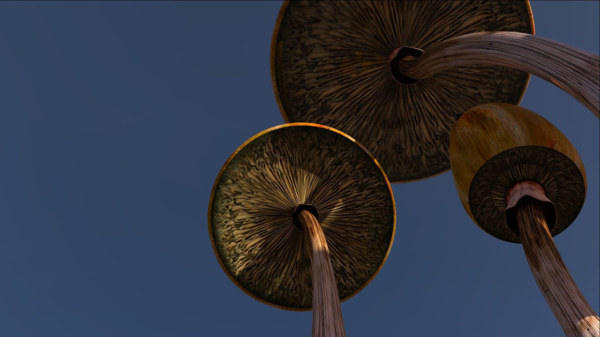People suffering from chronic pain who macrodose psychedelics report higher relief than microdoses or other painkillers like opioids and cannabis, according to a new survey study led by British researchers.
The recent article was published in the British Journal of Pain and compiled survey responses from 250 people suffering from chronic pain who had experience with psychedelics. The survey study was done by researchers at the Beckley Foundation, the University of British Columbia and Maastricht University.
Of the 163 participants who said to macrodose –or an amount enough to alter consciousness– 72.4 per cent associated it with pain relief while 33.7 per cent used it at high doses specifically for that.
It found that of the 187 respondents who microdosed 68 per cent approximately associated it with a reduction in pain and 49 per cent used it specifically for pain management.
Although the effects were weaker and more prone to bias, microdoses also seemed to be efficient in pain management according to survey participants.
“Hallucinogenic doses, while less often used for analgesic purposes than microdoses, were reported to induce a higher level of pain relief than conventional pain medications (including opioids and cannabis), with perceived benefits lasting for more than a day,” wrote the researchers on the study.
The self-reported pain relief was unrelated to whether people were using psychedelics for pain.
For the study, researchers conducted an online survey from August 2020 until July 2021 looking at responses from 250 survey participants suffering from chronic pain who had at least one year of experience with psychedelics.
Read more: ‘Endogenous’ DMT plays an important role in animal physiology: study review
While most people focus on the therapeutical aspects of psychedelics when it comes to depression, anxiety and other mood disorders, the substances have been known to be used for their analgesic properties for some conditions such as cluster headaches or cancer pain.
According to the study, psychedelics may have pain-filling effects by reducing sensory input through their interaction with serotonergic pathways in specific areas of the brain. A 2018 study by researchers at Louisiana State University Health Sciences Center, showed that psychedelics can also work as anti-inflammatories by regulating pathways via unique mechanisms.
“The reported analgesic effect appeared unrelated to mood improvements associated with psychedelic use, or the advocacy of psychedelic use. Taken together, our findings indicate interesting potential analgesic applications for psychedelics that warrant further clinical research,” wrote the researchers in the article.
Read more: Psilocybin temporarily disrupts stages of the sleep cycle : study














